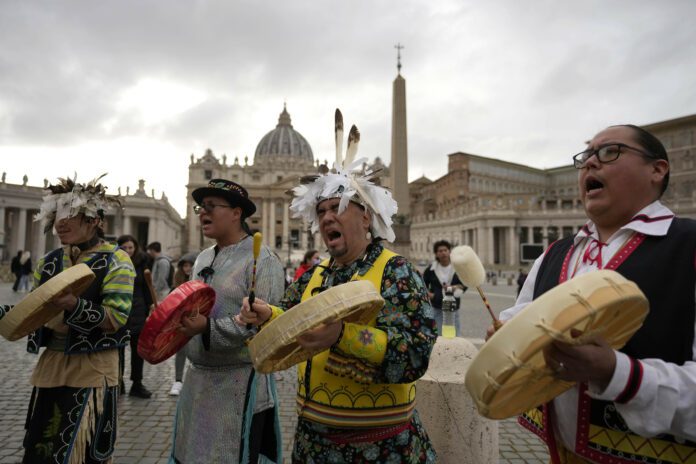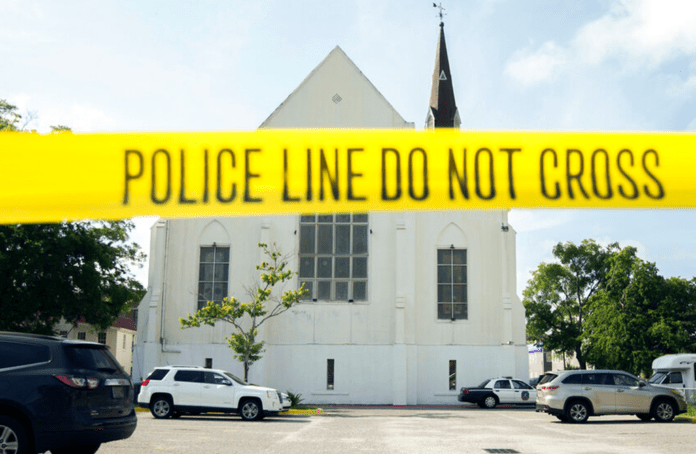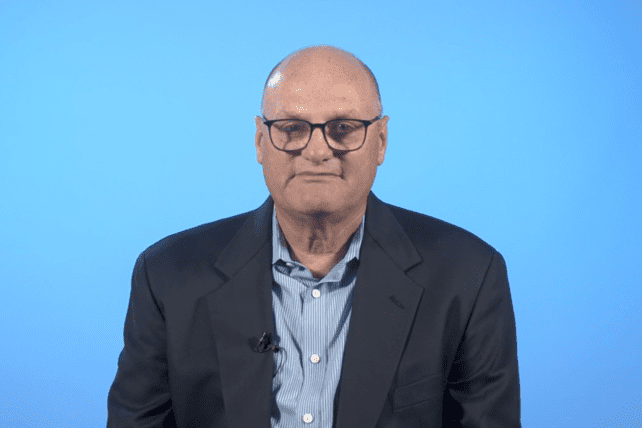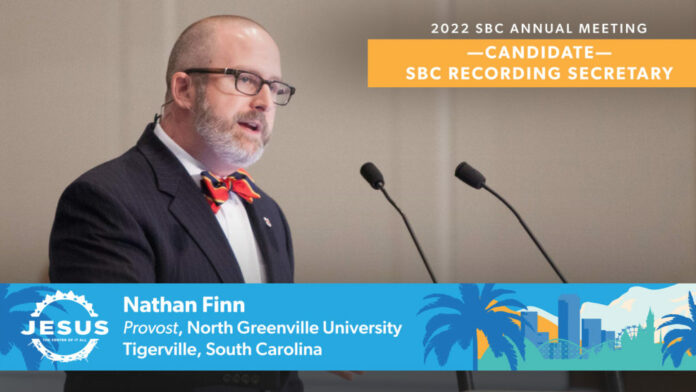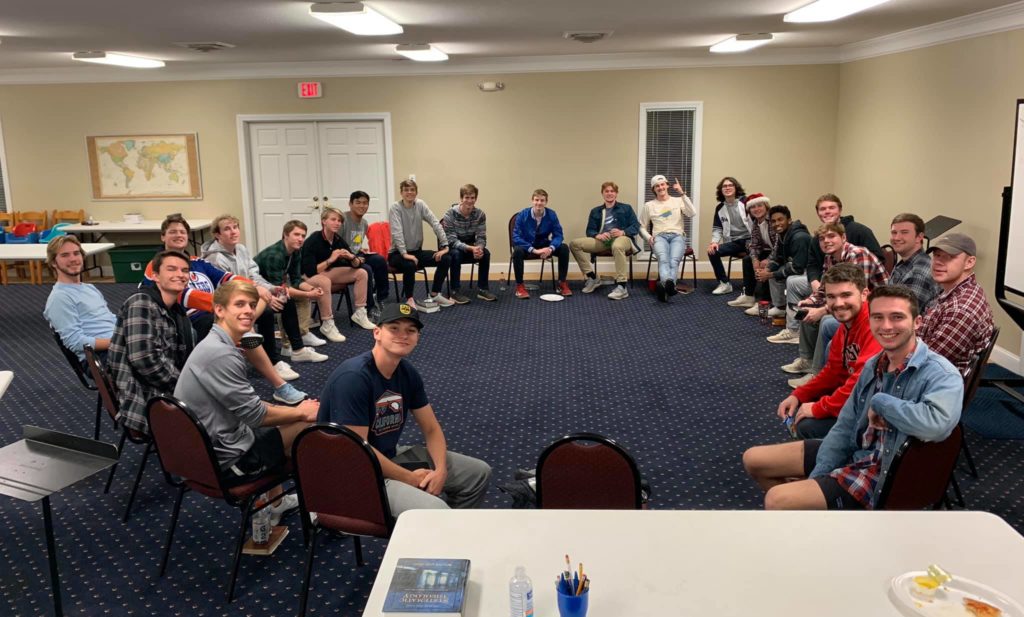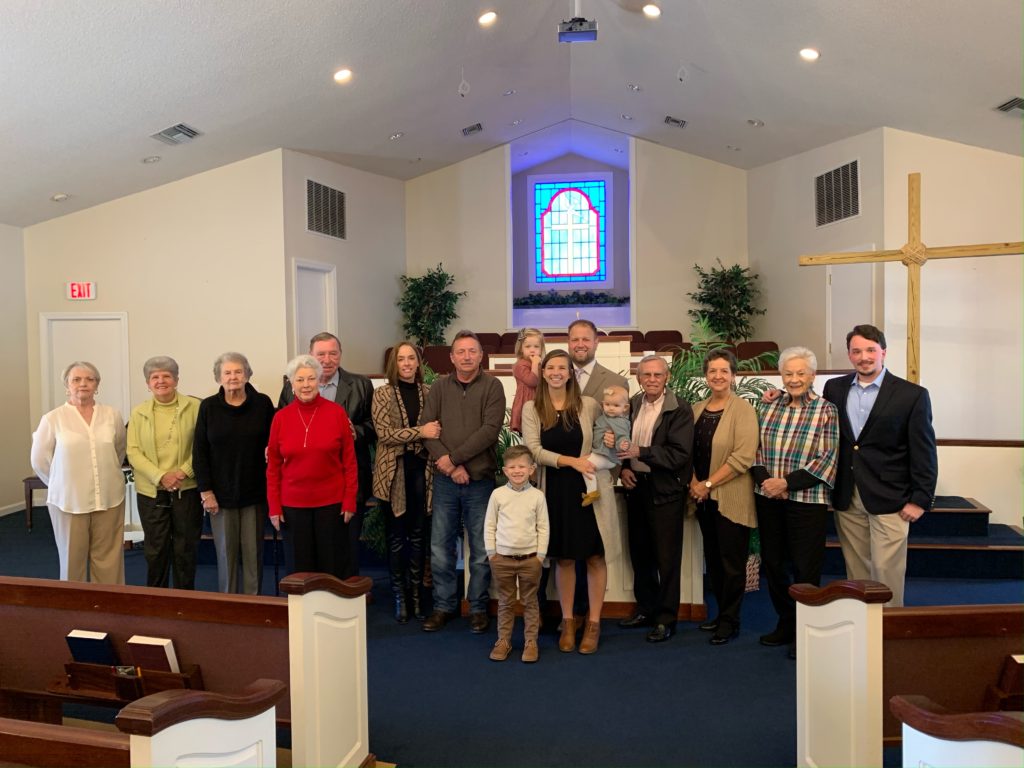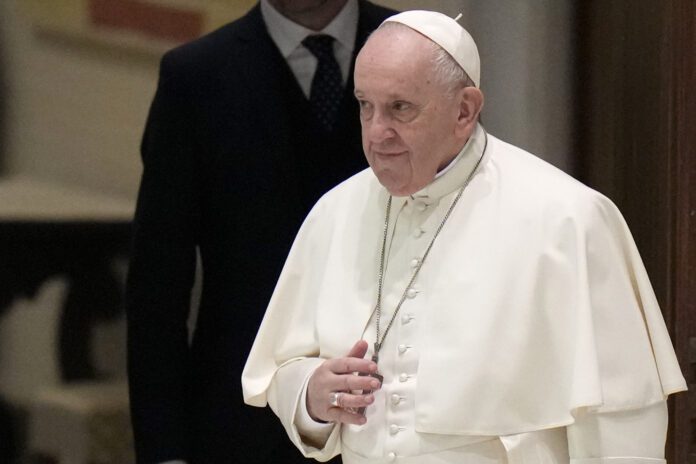LAKE CHARLES, La. (BP) – With many of her family members experiencing the devastating effects of the crisis in Ukraine, Irina Moss is partnering with her Trinity Baptist Church family to send medical supplies directly to her hometown in the country.
Upon hearing updates about how bad the situation in the country was, Moss told Baptist Press she knew she had to do something.
“It felt very bad to sit here comfortably and have normal life when people’s lives in Ukraine are just being destroyed over the course of a day,” Moss said. “It felt awful that we were sitting here and not doing anything and not helping.”
Moss partnered with other friends throughout Lake Charles, including others from Ukraine, to collect medical supplies to be sent to the country to provide immediate relief.
She sent supplies, including formula, diapers, clothes and medication, to her hometown of Zaporizhzhia, a city in the southern region of Ukraine near the border with Crimea. Sending them there directly will allow them to be distributed immediately to her former townspeople, rather than their having to wait for supplies to be delivered from other parts of the country.
Moss had already collected and sent several boxes of supplies to Zaporizhzhia before approaching her pastor at Trinity Baptist, Steve James, to see if the congregation could help. The responded in a big way, she said. Thus far, Moss and her partners have shipped 24 boxes containing more than 1,000 pounds of supplies.
RELATED: Ohio Pastor Reunites With Daughter at Poland/Ukraine Border, Another Daughter Still Missing
Moss said she has been a part of Trinity since coming to the U.S. in 2006, and was even baptized at the church several years ago. She said seeing her church family support her efforts has been extremely uplifting.
“I feel very grateful,” Moss said. “It was very heartwarming because a lot of people talk about things and will pray for you, but Trinity was actually able to provide supplies and things to help. People being understanding of what’s going on is one thing, but to meet somebody who actually wants to help and do whatever they can is beyond amazing.”
Although several of her family members and friends have stayed in Zaporizhzhia to help with relief efforts, Moss said many have fled to surrounding countries.
Moss’ mother, sister, brother-in-law and 6-year-old triplet nieces decided to flee Zaporizhzhia after Russian forces bombed a nearby nuclear power plant.
The family traveled three days by car to Poland, then eventually made their way to Spain where they stayed for a couple weeks. After their time in Spain, the family traveled to Germany where they found a more permanent location where the girls will be able to attend school in the fall.
The remaining family members staying in Zaporizhzhia include Moss’ father, aunt and uncle, all of whom are helping in the city in different ways.
Her father assists refugees (according to Moss there are more than 45,000 in the city), while her uncle works in a meat factory producing food and her aunt serves as a volunteer hairdresser.
RELATED: ‘Very Chaotic’ for Perhaps 180,000 ‘Traumatized’ Orphans in Ukraine
Moss’ parents celebrated their 42nd wedding anniversary on Feb. 22, just before the invasion began on Feb. 24. Though they are now separated, Moss’s father was adamant he and his wife would meet again, hopefully back in Ukraine rebuilding the country when the crisis is over.


